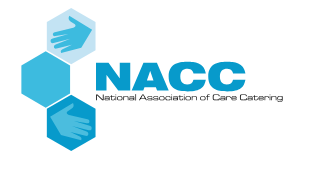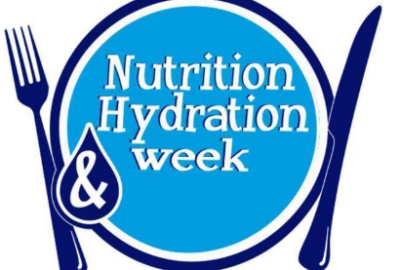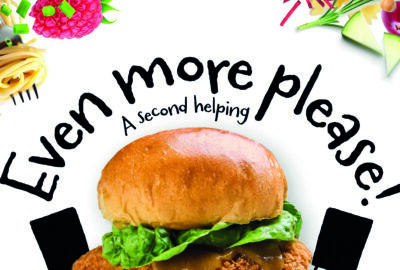Due to the Coronavirus pandemic, and the resulting closure of large parts of the out-of-home market, there has been a huge decline in the demand for some food products causing issues with Best Before Dates for food.
WRAP have developed guidelines to assist in extending shelf life for these products. These guidelines are endorsed by the Food Standards Agency (FSA).
Some food businesses have previously decided against accepting food products that are past or close to their ‘Best Before’ date (although still of good quality and safe to eat), whilst others have taken a more flexible approach. The WRAP document seeks to minimise this waste of good food by providing guidance on determining whether products are fit to eat after their ‘Best Before’ date. All food businesses are urged to implement this guidance to avoid waste and consume all safe-to-eat food where possible.
The wholesalers of the Country Range Group do not want to be part of the food waste problem and so are adopting new procedures, in line with the WRAP / FSA guidance to encourage the sale of products beyond their Best Before date.
First of all, it is important to understand the difference between Use By dates and Best Before dates. When deciding which to use, the manufacturer will carry out a risk assessment to decide if the product is highly perishable, such as fresh vegetables or chilled meats, and if so, they will provide a Use By date. If the product is more stable, such as UHT milk or dried pasta, a Best Before date will be used.
The Best Before date means that the product will be safe to eat for a period of time after it has passed, but the quality of the product may have diminished. The WRAP advice only applies to products that have a Best Before Date.
It is likely caterers will start to receive products from their wholesaler which have an additional sticker applied to the product advising of an extended Best Before End date for the product.
All wholesalers have strict procedures which check the integrity of the packaging of the products and that cans and jars are free from damage before applying the sticker.
The revised BBE date printed on the sticker has been calculated utilising the WRAP guidelines. This ensures that customers continue to receive a quality product and we can reduce levels of unnecessary food waste.
Full details on the WRAP guidance are available at https://wrap.org.uk/content/surplus-foodredistribution-labelling-guidance
WHO ARE WRAP? WRAP works with governments, businesses and communities to deliver practical solutions to improve resource efficiency. WRAP’s vision for the food and drink sector is ‘Working together for a world where resources are used sustainably’ and reducing food waste is part of that. https://wrap.org.uk/content/food-vision
THE ‘USE BY’ DATE relates to food safety. Food cannot be sold, redistributed or consumed after this date. The only exception to this is if the food has gone through a safe freezing or cooking process, before the ‘Use By’ date has passed, and has been appropriately re-labelled.
THE ‘BEST BEFORE’ DATE relates to food quality. Food with a ‘Best Before’ date can legally be sold and consumed after this date. Providing food is stored in appropriate conditions – i.e. as instructed on the label by the manufacturer – and has not become otherwise contaminated, it will be safe to consume for a period of time after the ‘Best Before’ date has passed, but it may not be at its best.
THE WRAP GUIDELINES ADVISE THE FOLLOWING:
AMBIENT GROCERY Ambient includes a wide range of food that is found in cans, jars and packets. Typically, such food carries a ‘Best Before End’ date and a long shelf life. The WRAP guidance states the following extended life of the product beyond the Best Before End printed on pack.

SOFT DRINKS
The WRAP guidance also provides an indication of the extended life of soft drink products which has been developed in conjunction with the British Soft Drinks Association and the extended dates are as follows:
• 1 month for all ambient soft drinks (regardless of pack type) except
• 3 months for all ambient full-sugar drinks and water in non-permeable packs (e.g. glass, cans and pouches).



